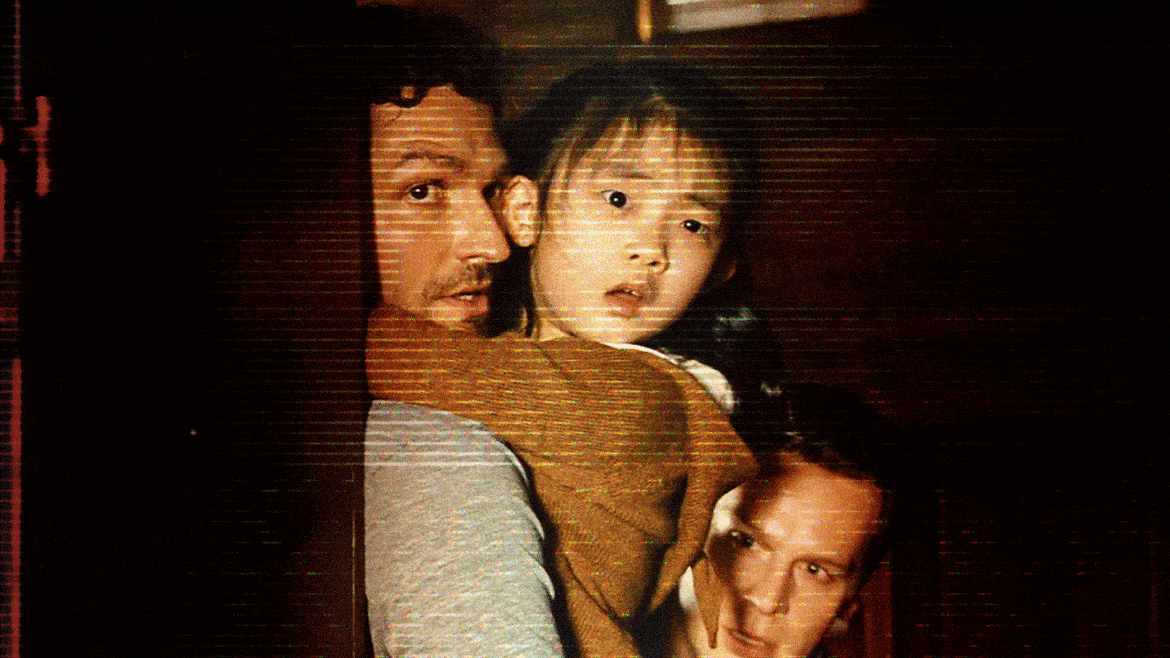Photo Illustration by Erin O’Flynn/The Daily Beast/Universal Pictures and Getty Images
Sometime in the late 2000s, M. Night Shyamalan forgot all about empathy. His biggest films, the ones that are considered horror-thriller masterpieces, like The Sixth Sense and Signs—and, yes, even an early work as mistakenly maligned as The Village—exude empathy at almost every turn. These are films that understand the plights of their characters, actively rooting for them while keeping the chilly dread of their respective atmospheres intact. Their heart is what makes them so striking.
But as Shyamalan’s star continued to rise, so did the demand for more of his unique brand of twisty horror. The public narrative surrounding his films became less about their emotional merit, and far more about whether his latest twist ending was better or worse than the last. As a result, the director got in his own way. He worked harder to kowtow to audiences and what they thought they wanted, while moving further away from the distinct talent that made him a household name. The initial results were imitations of his own previous works, followed by all-out, unfeeling duds and cheap tricks to weave new films into the world of his older, more inspired productions. Who can forget Mental Illness: The Movie?
How thrilling, then, that his latest is an undeniable return to form. Knock at the Cabin, in theaters Friday, is Shyamalan’s most empathetic and grounded work in almost two decades. Adapted from Paul Tremblay’s acclaimed 2018 novel The Cabin at the End of the World, the film finds Shyamalan working in peak condition, allowing the solid source material to keep his inclination to color too far outside the lines at bay. The result is a remarkably taut thriller that’s dripping in dread, refusing to waste a single second of its runtime for audience reprieve.

